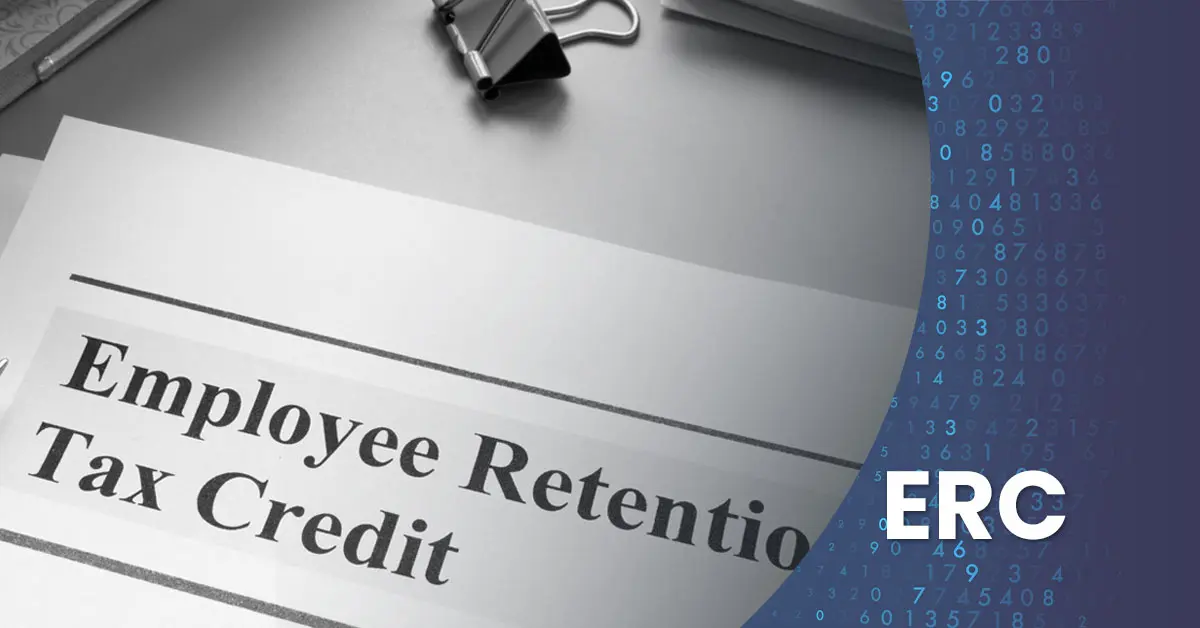By: Evan Gernant
The IRS has published various notices granting tax relief to “affected taxpayers” of hurricanes Harvey, impacting Texas beginning August 25, 2017, and Irma, impacting Puerto Rico, the U.S. Virgin Islands, Florida and Georgia just a few weeks later. Affected taxpayers are defined as:
- Individuals whose principal residence is located in a covered disaster area;
- Businesses whose principal place of business is located in a covered disaster area;
- Any relief worker affiliated with a recognized government or charitable organization assisting in a covered disaster area;
- Any individual, business, estate or trust whose tax records are located in a covered disaster area;
- The spouse of an affected taxpayer, with respect to a joint tax return;
- Any individual killed or injured within the covered disaster area; or
- Any other taxpayer, as determined by the IRS.
A covered disaster area means an area of a federally declared disaster. The IRS recently announced that the following will be considered a covered disaster area for purposes of this tax relief:
- The islands of St. John and St. Thomas
- The municipalities of Culebra, Vieques, Canovanas and Loiza in Puerto Rico
- All of Florida
- All of Georgia
- The Texas counties of Aransas, Bee, Brazoria, Calhoun, Chambers, Fort Bend, Galveston, Goliad, Harris, Jackson, Kleberg, Liberty, Matagorda, Nueces, Refugio, San Patricio, Victoria, and Wharton
The IRS tax relief gives affected taxpayers until January 31, 2018 to file most tax returns. which had either an original or extended due date of August 23, 2017 (for hurricane Harvey) or September 4, 2017 (for hurricane Irma) through January 31, 2018. This relief includes the filing of taxpayers’ annual income tax returns, payroll tax returns, payment of estimated taxes and certain excise tax returns. For example, an individual taxpayer who meets the definition of an “affected taxpayer”, whose extended 2016 personal tax return is due October 15, 2017, may file that return by January 31, 2018 without worry of late filing penalties or interest.
In addition, the tax relief gives affected taxpayers the option of claiming disaster-related casualty losses on their tax return either in the year in which the disaster occurred or the prior year. For example, an individual who suffered a loss due to either hurricane may claim such loss (only to the extent not reimbursed by insurance) on his/her 2016 or 2017 tax return. If the taxpayer’s 2016 tax return has already been filed, he/she may amend that return to claim the casualty loss deduction.
Although neither Florida nor Texas have a personal income tax, both states have business entity-level taxes and have announced similar tax relief, generally following the IRS published timelines. Notably, Florida announced that it will work with all affected businesses, on a case-by-case basis. Florida corporate tax returns with an original or extended due date between September 4, 2017 and January 31, 2018 are now due February 15, 2018. Similarly, Texas announced that businesses affected by hurricane Harvey with Texas franchise tax returns due November 15, 2017 will be granted an automatic extension to January 5, 2018. Also, affected Texas businesses are granted a 30-day extension to file August and quarterly sales & use tax reports.
Following the IRS guidance, Georgia has postposed deadlines for individuals who reside in, and businesses whose principal place of business is located in Georgia through January 31, 2018. This applies to Georgia tax return filings, tax payments and other Georgia related tax requirements, such as sales & use tax.
The IRS has set up websites which provide specific details regarding the tax relief granted for hurricane Irma and Harvey victims. In addition, the Texas Comptroller, The Florida Department of Revenue and The Georgia Department of Revenue have websites that can help you stay updated on the tax relief.
Evan Gernant is a Tax Director at Wiss & Company. If you would like to speak with Evan, you may reach him at [email protected] or at 973.994.9400.

 Previous
Previous







